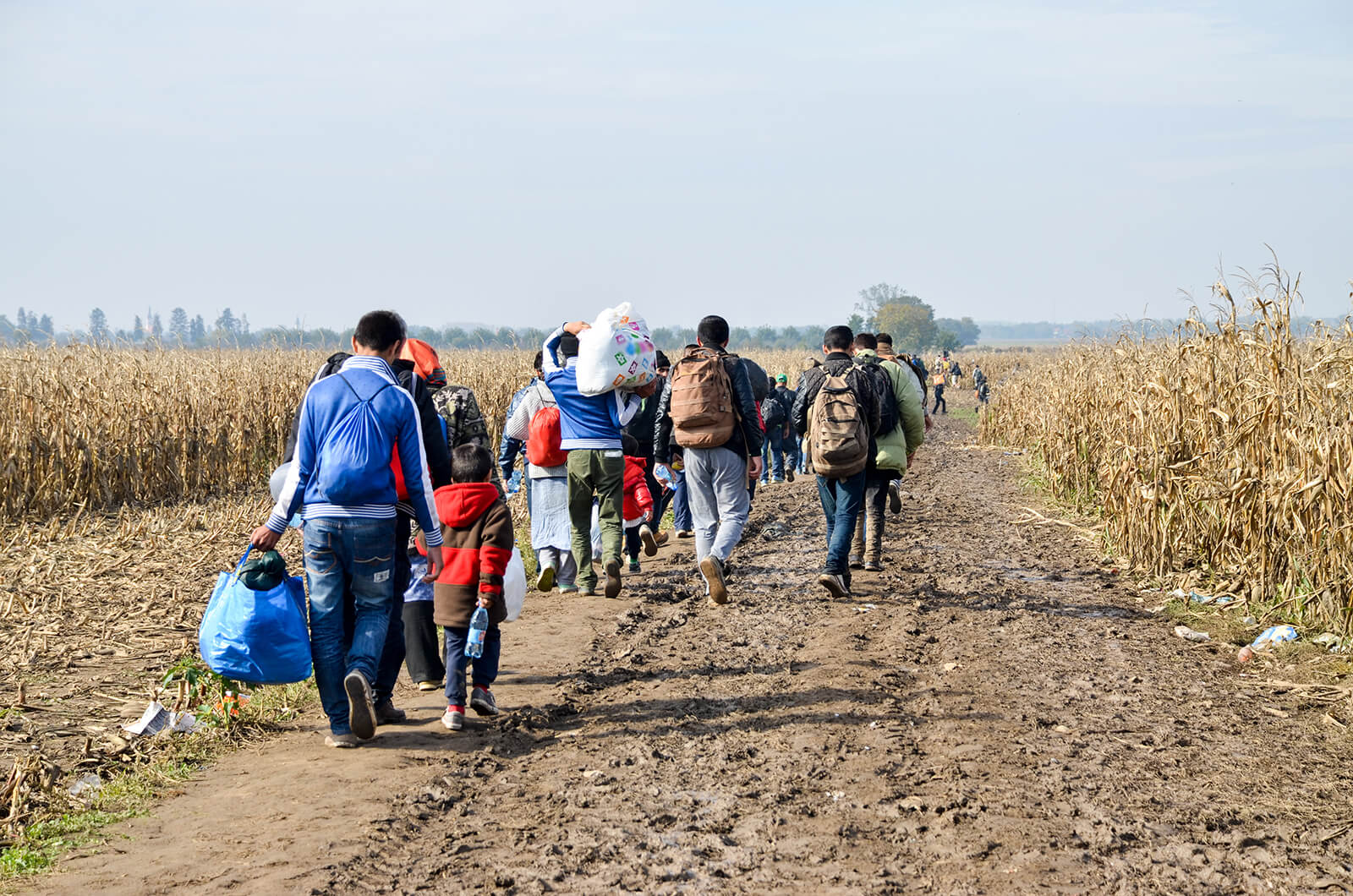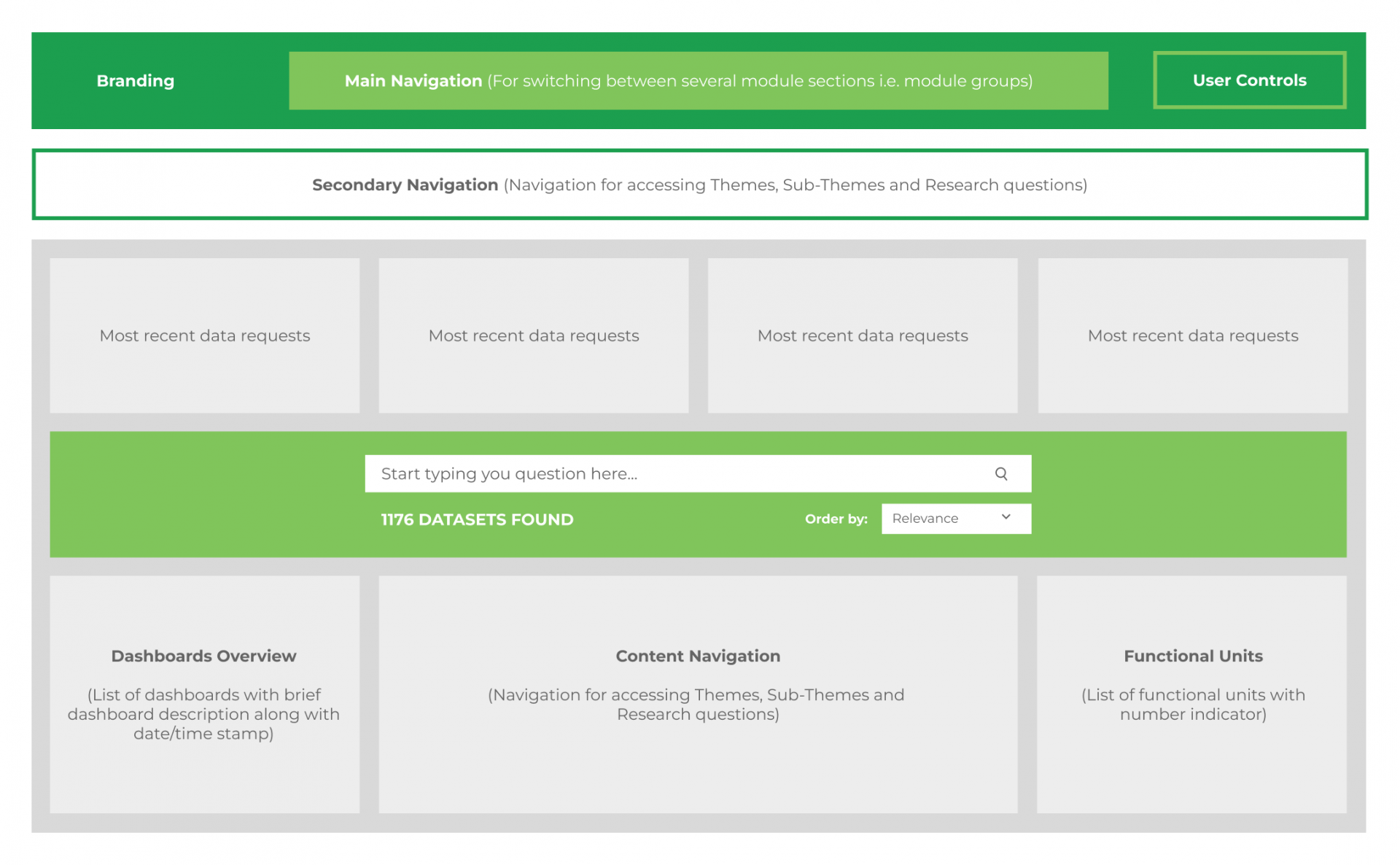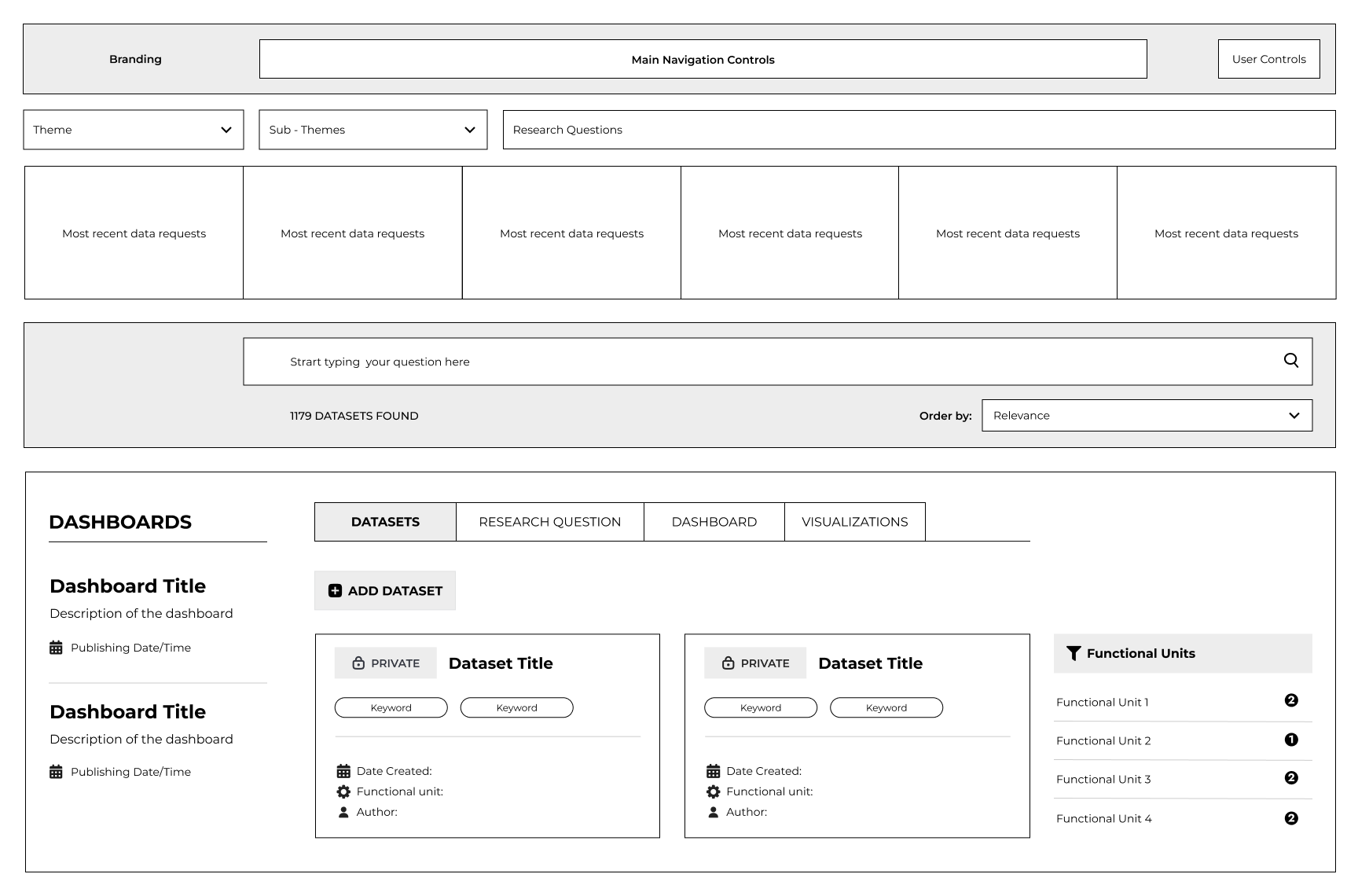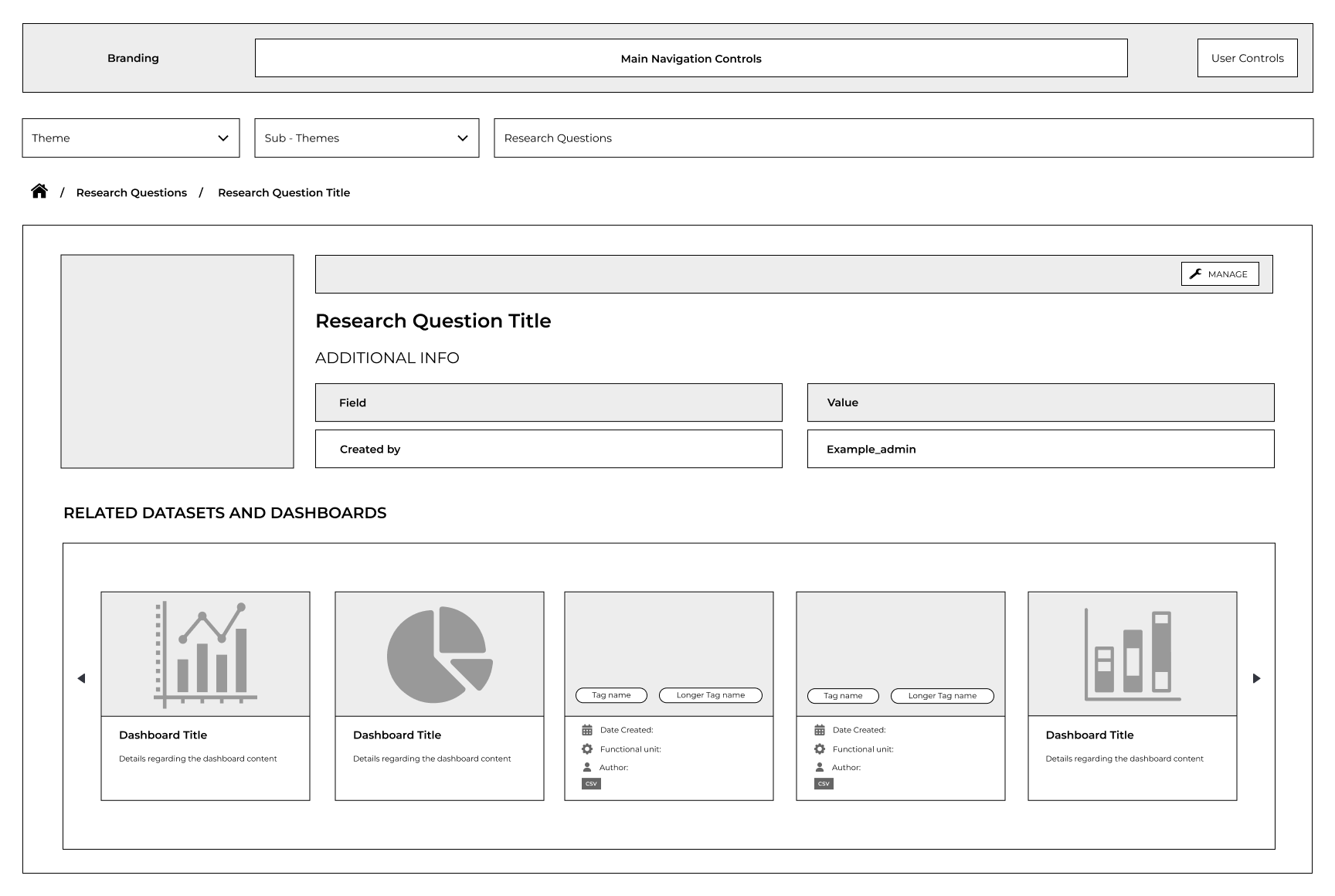How Using Data Helps People in Crisis in the Middle East and North Africa
In the ever-evolving landscape of humanitarian missions, delivering aid and support efficiently is crucial. During 2018 and 2019, we had the privilege of partnering with an international humanitarian organization working tirelessly to ensure the safety, well-being, and rights of refugees in the Middle East North Africa (MENA) region.
Our mission: to create a data portal that would support their resettlement program, ensuring that displaced populations in the MENA region receive the assistance they urgently need.

The Challenge
“Many refugees cannot return home due to continued conflict, wars and persecution. The resettlement program is the transfer of refugees from an asylum country to another State that has agreed to admit them and ultimately grant them permanent settlement.”
This organization’s commitment to offering safe refuge in another state, away from conflict, persecution, and violence, is a noble one. The challenge, however, lies in the fact that the number of refugees resettled annually is a mere fraction of the total number in need. With over 20 million refugees worldwide at the end of 2019, there was a pressing need to streamline operations and enhance data-driven decision-making.
Our Contribution: Empowering Humanitarian Efforts with a Data-Driven Solution
Our dedicated team embarked on a journey to create the Knowledge Hub, a powerful platform aimed at simplifying and enhancing our humanitarian partner’s operations in the MENA region. This CKAN-based platform was designed to consolidate and analyze data efficiently, offering a one-stop solution for their team.

The Impact on the Ground
The true value of our work is measured in the lives it touched:
Efficient Operations: The Knowledge Hub streamlined the planning of refugee camp locations, enabling the wise allocation of resources and swift assistance where it was most needed.
Fast Decision-Making: With data readily available, our partner could make well-informed decisions at a moment’s notice, ensuring timely support reached those in need.
Resource Allocation: Data analysis enabled the wise allocation of resources, making a tangible difference in the lives of displaced populations.
Empowered Assistance: The Knowledge Hub allowed our partner to offer more organized assistance. It enabled them to plan routes for mobile teams, allocate resources wisely, and provide aid where it mattered most.

How we did it
With our technical expertise we were able to provide a sophisticated data management system including enhanced accessibility with a user-friendly interface, data tools, automated validation, predictive search, interactive dashboards, and streamlined data requests.
User-Centered Design: We put user needs at the forefront. By conducting extensive user research, we ensured the portal was tailored to meet the unique requirements and preferences of the organization and its diverse user base. The Knowledge Hub implements the WCAG 2 (AA) standard which allows inclusivity and ease of navigation for its users, including those with disabilities.

Data Management: Users can easily upload, inspect, download, and visualize data, as well as fetch information from various sources. The portal is also equipped with an automated data validation process ensures the accuracy and relevance of uploaded data.
Artificial Intelligence-Based Predictive Search: Users enjoy Google-like search suggestions, making data retrieval efficient and user-friendly.

Advanced Data Visualization: We implemented advanced data visualization techniques to simplify data interpretation. Interactive dashboards created with PowerBI allow users to view and analyze data in real-time, enhancing data-driven decision-making.
Data Requests: Users can request specific data not available on the portal, streamlining information retrieval.
Security and Scalability: The Knowledge Hub is not only user-friendly but also secure and scalable. It’s equipped to handle large volumes of data and accommodate future growth, ensuring data integrity and privacy.

The Impact
“At the end of 2019, there were 20.4 million refugees around the world, but less than one percent of those refugees are resettled each year.”
Our collaboration has empowered the humanitarian organization with a centralized platform for managing critical data, faster data retrieval, actionable insights, and improved resource planning. This has led to more effective humanitarian assistance, as the organization can now plan locations for refugee camps, allocate resources efficiently, and analyze data to address the evolving needs of displaced populations.
Conclusion
At Keitaro, we’re committed to making a difference in the world through innovative solutions. Our work with the Knowledge Hub demonstrates our dedication to delivering powerful tools that impact lives positively. Data-driven insights can bring about transformation in the humanitarian sector, and we’re here to help you create solutions that make a lasting impact.
Are you ready to join us in making a positive difference in the world? Contact us today, and let’s collaborate on solutions that truly matter. Together, we can create a brighter future for those who need it most.



